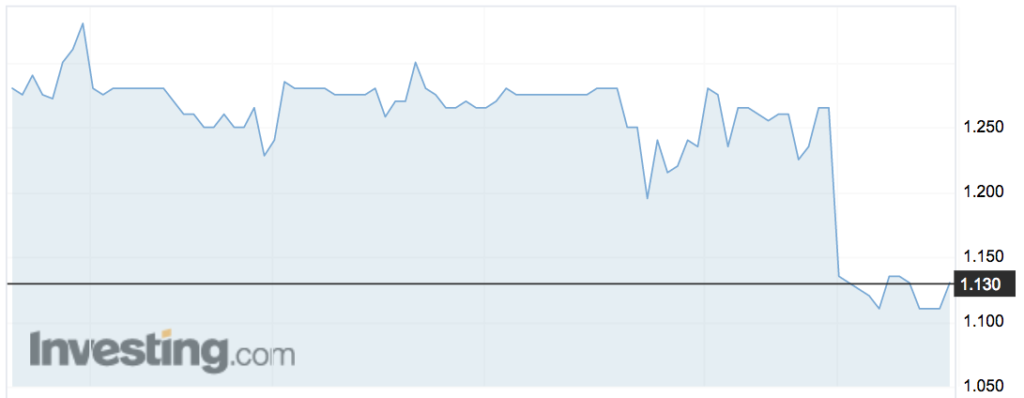You might be interested in
Health & Biotech
Food & Agriculture
New Zealand’s biggest chicken producer reported a fall in half-year profit largely due to fewer sales in Australia.
Tegal’s profits dropped 2.3 per cent to $14.8 million for the half-year, down from $15.1 million in the same period last year.
The shares took an 11 per cent dive on Wednesday, landing at $1.13. They have traded between 99c and $1.52 over the past year.
Poultry producer Tegel (ASX:TGH) has been a favourite in homes across the Tasman since 1961 but half year results show export volumes have declined by 371 tonnes largely due to a reduction in Australian consumption.
Total export revenue was down by $5.8 million, compared to the first half of FY17.
“Australia presents a significant market opportunity, and in the last six months we have expanded in the retail market in Australia, with an incremental 11 products launched,” chief executive Phil Hand told investors.
Earlier this year they further diversified, tapping into the unlikely market of Bahrain, chosen for its population’s strong preference for the white meat.
According to the company, an estimated 80 per cent of Bahrain’s meat consumption is chicken, approximately 46kg per year.
Adapting the nation’s tourism slogan, to position their products as ‘100 per cent Pure New Zealand Premium Chicken’, Tegel is selling the clean image of the country with promising initial results.
Back home, Tegel had “maintained our leading position in the New Zealand market, despite on-going challenges around pricing”, chief executive Phil Hand told investors.
“The changing trends of New Zealanders looking for increasingly convenient meal solutions is being reflected in growth in Quick Service Restaurant (QSR) and Foodservice channels.”

In the past year, growth of their frozen free-range chicken products has surpassed 220 per cent, with their “Meal Maker” branded chicken products leading the charge.
The company processes approximately 55 million birds per year and has already processed 48,676 tonnes during the past half year, up 0.8 per cent on the same period last year.